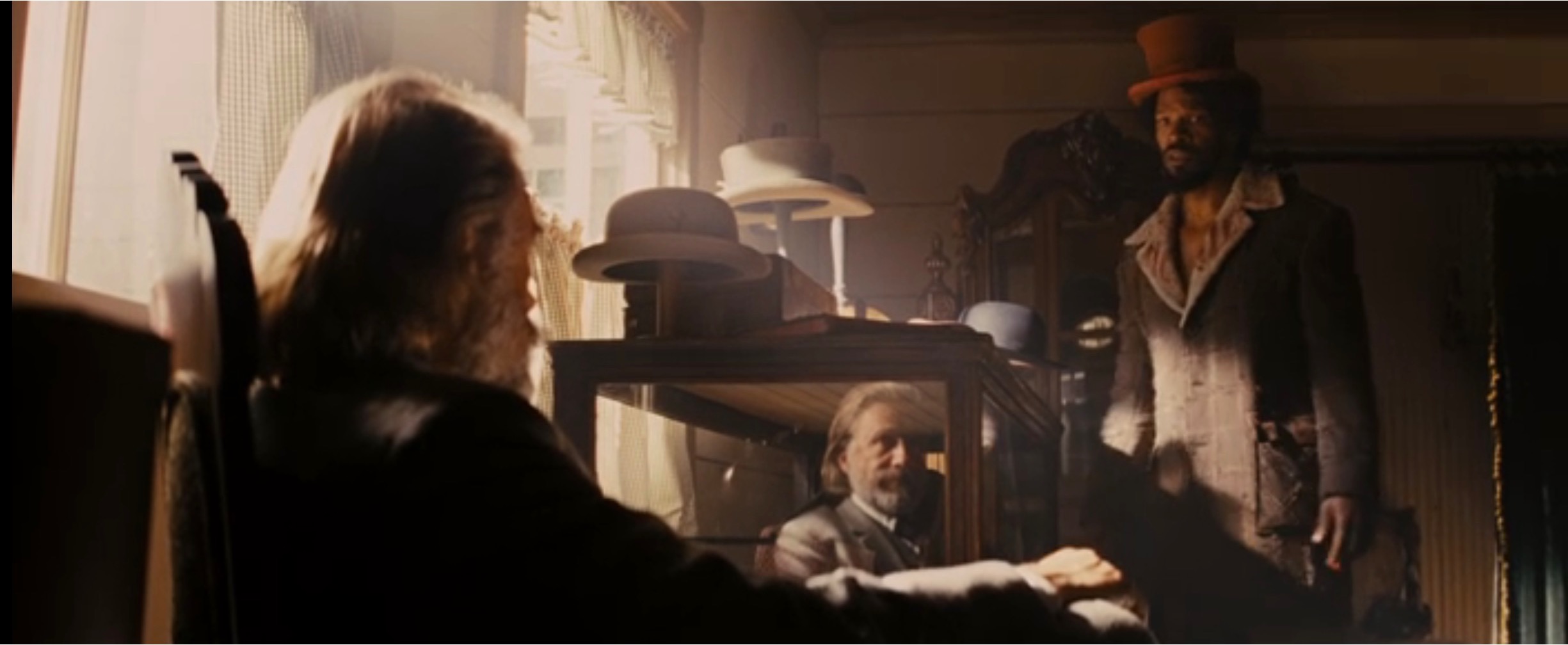New Duds

Little Big Man
The CODE-X series catalogs a vast codex of source codes (aka “signs”) extracted from past audits.
The object of study in semiotics is not the signs but rather a general theory of signification; the goal of each “audit” is to build a model demonstrating how meaning is produced and received within a category or cultural territory. Signs on their own, therefore, only become truly revelatory and useful once we’ve sorted them into thematic complexes, and the complexes into codes, and the codes into a meaning map. We call this process “thick description”; the Code-X series is thin description.

“NEW DUDS” NORM: Sartorial transformations symbolizing — and enabling — personal evolution.

“NEW DUDS” FORMS: Becoming your authentic self, shaking off repression — and/or experimenting with who you want to be — as depicted through costume changes. Clothing (not just hats) a powerful visual means of letting us know that a character is evolving. Or devolving — in the case of William Blake in “Dead Man,” or Jill McBain in “Once Upon a Time in the West,” or Lieutenant Bascom in “The Battle at Apache Pass” — i.e., “dudes” from the Old Country or the American East become more gritty and “western” in appearance as they adapt.
From a 2024 study of American West codes — as surfaced from movies, TV shows, and videogames. Semiovox collaborated with Ramona Lyons.

